“The world is seen differently depending on one’s location.” This phrase has been haunting me for some time and I’m constantly reminded of it in all my trips and discussions. Being tied into our own daily reality, we care less about what’s happening in the world and we tend to be interested only in those issues that affect us. I understand that someone living in Romania doesn’t pay much attention to what’s going on in Mexico. But for me, being able to look beyond my own perspective to see what motivates actions by countries is important, and it’s at the center of my job at Stratfor.I’ve always loved international relations and I can’t imagine my life without reading about the events happening in the most faraway corners of the globe. Moreover, I understand that Romania’s and Mexico’s different ways of seeing the world are born solely from place — their geography, their locations, their neighbors. And understanding how Romania views the world compared to how Mexico views the world helps me understand and predict their actions — which is quite useful in business.
However, all those differences in perception bring up another issue: What is really significant? What should I look into and how do leaders really make their decisions? At Stratfor, we don’t look at the personalities, but instead analyze the forces that affect world leaders. While the media concentrates on the subjective desires of leaders voiced at press conferences, Stratfor concentrates on the various constraints upon their behavior — geographic, political, economic — that are concrete but never publicly acknowledged. Geopolitics allows us to place an event or action within a larger framework to determine its potential significance, as well as identify connections among seemingly disparate trends. But how do we define if an event is significant? Intelligence. The graphic included here illustrates how we process and evaluate information.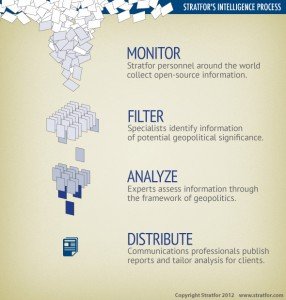
The disciplined methodology and assessment process are oriented toward forecasting — explaining not only why something has happened but also what will happen next. Some of our reports are shorter and others are longer, because sometimes the question of “what’s next” can be addressed directly and with few words, whereas other times a deep exploration of context is needed. We serve the decision maker, whose job is to understand thoroughly and act quickly.
There will always be priorities and there will always be problems that must be addressed. I’ve written posts on this blog about the Middle East, China, the Balkans and the EU’s current problems, exploring the connections between countries and regions, which are always tied to history, geography and culture. And this relates to a problem that many companies and individuals have today: to act in a particular environment, a deep understanding of how that place views the world is required.
And because I’ve talked about my personal preoccupations this week and didn’t say a word about what’s important from a global perspective, allow me to share my favorite quote from George Friedman, Stratfor’s founder: “A life is made up of a fabric of expectations and predictions. There is no action taken that is not done with the expectation, reasonable or not, erroneous or not, of some predictable consequence.” That quote is from the analysis “The Love of One’s Own and the Importance of Place,” one that I enjoy re-reading. We’re all tied to the history, geography and culture of our place of birth, but learning how others are tied to theirs can provide insights into why countries act as they do.

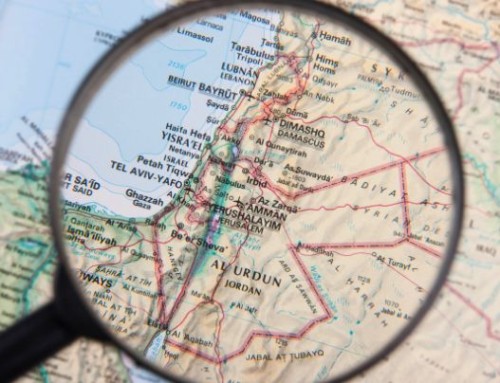

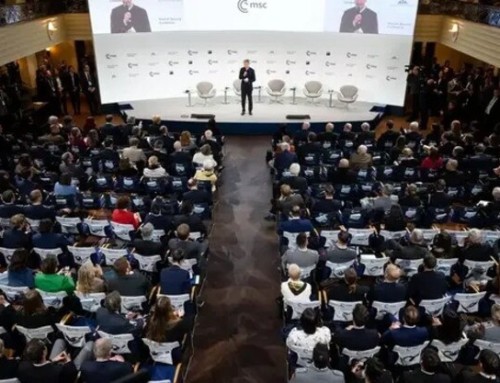
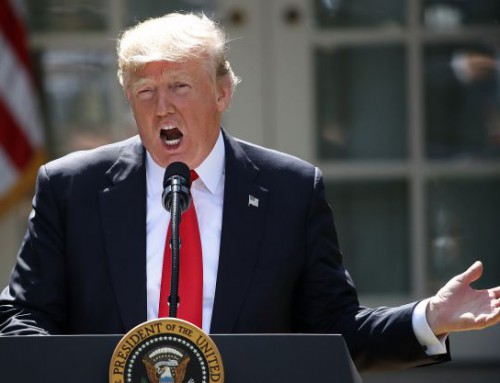
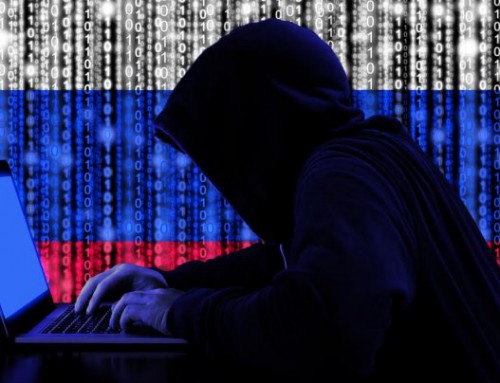
Comenteaza